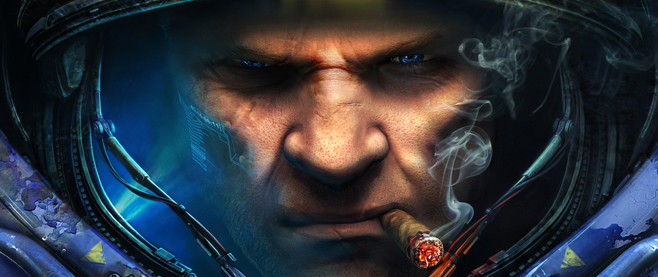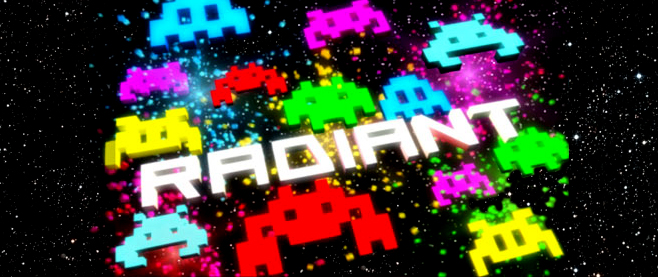![A pixelated graphic sheep, among a field of other sheep and in front of a red barn sided on both sides by a scattering of trees and a rock fence. The text on the bottom of the screen reads: [Poke Sheep]. This is a still from the game Moirai](https://unwinnable.com/wp-content/uploads/2017/06/pokesheep.png)
Moirai Will Paralyse You With Indecision
An idyllic, pastoral village hides a dark secret. In this small community made up of mostly farmers, lumberjacks and miners, a widow named Julia was grieving over the loss of her husband and son, and a concerned priest asked if you can help her out. This is the gist of Moirai—a free-to-play, experimental videogame—but what belies its short length (of about 15 minutes of gameplay) is an astute look into your own motivations and behavior.
A testament to the simplicity, strength and focus of short games, Moirai is a masterful creation whose themes and concept begs discussion. But before I go on, I would highly encourage you to try the game on Steam, or download it via itch.io. Trust me, it won’t take more time than a few bad toilet breaks.
Played it? Alright, let’s dive in.
From the start, Moirai was predisposed to offering very little information about itself. The man who first got you setting off on the ambiguous quest is simply known as “The Priest”. One bearded man who asked you to search for his brother in a nearby cave was referred to as “Lumberjack”, and his brother, who players will find moments later, was just named “Brother”. In fact, the widow Julia was the only person with a given name. What’s more is that the reason behind why the player was chosen to look for her, out of an entire village of people, was never revealed. Given the character’s lack of familiarity upon seeing her family portrait in her cabin, it’s highly unlikely that he was ever close to Julia and her family.

This scarcity in details is also evident in Moirai’s blocky, pixelated graphics, which provided, at best, sparse information about the small town and its surroundings. The townsfolks’ faces, for example, were unremarkably bland; they were mostly two grey dots that serve as eyes, plastered onto a cluster of pixels in various shades of beige and pink. There is no way to read their expression, or pick up any nonverbal cues.
But this lack of graphical and narrative detail turned out to be powerfully striking, lending weight to your decision behind the story’s major twist: the identity behind a mysterious man stumbling out of the cave. Clutching a knife and a lantern, we learn that he was actually another human player who had gone through the same journey. We didn’t know that at first, of course, and making this scene look even more ominous were the splashes of blood on his overalls, possibly incriminating him of a terrible crime. At this point, you could ask him a few questions, and then decide whether to kill him or let him go. Without more information about this situation, your motivations—unsullied by any preconceptions—are distilled into this very decision.

And what of Julia? You later find her drenched in a pool of her own blood in the depths of the cave. She had attempted suicide out of grief, and was imploring the player to help end her misery. While the outcome of this choice is ostensibly similar—you’ll be soaked in blood whether you choose to end her life or run off to seek help from the village—the unsettling feeling of being accused of murder grows stronger when another man bumped into you on your way out. The realization that another stranger will decide your fate based on some flimsy evidence may make cause you to reflect, or even feel somewhat remorseful, about your previous choice.
What will your choice say about you if you’ve let the first man go, with the off-chance that he may be a remorseless murderer? Or is preventing another unnecessary death much more important to you? Making this struggle more frustrating is that you’ll never know whether you’ve done the right thing. That is why the morality of your decision will weigh heavily on your mind, even long after the conclusion of Moirai.



